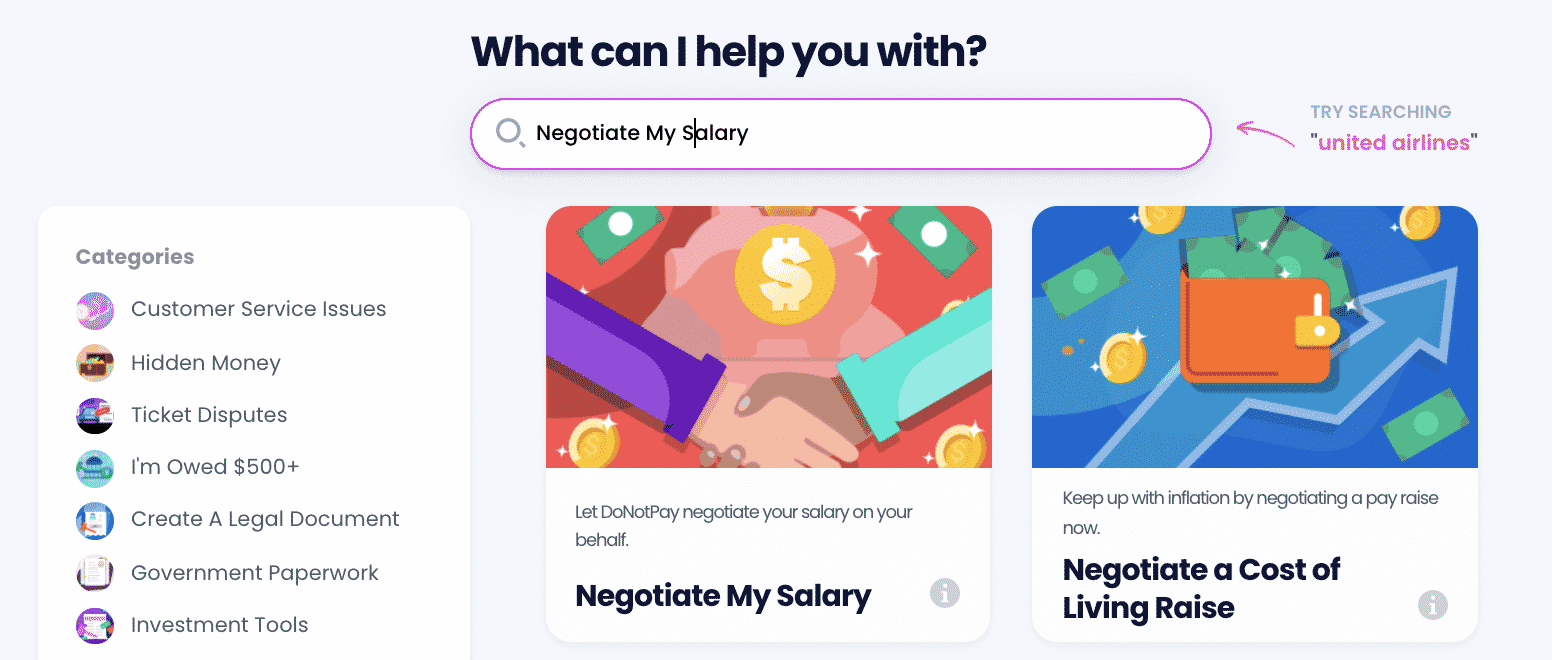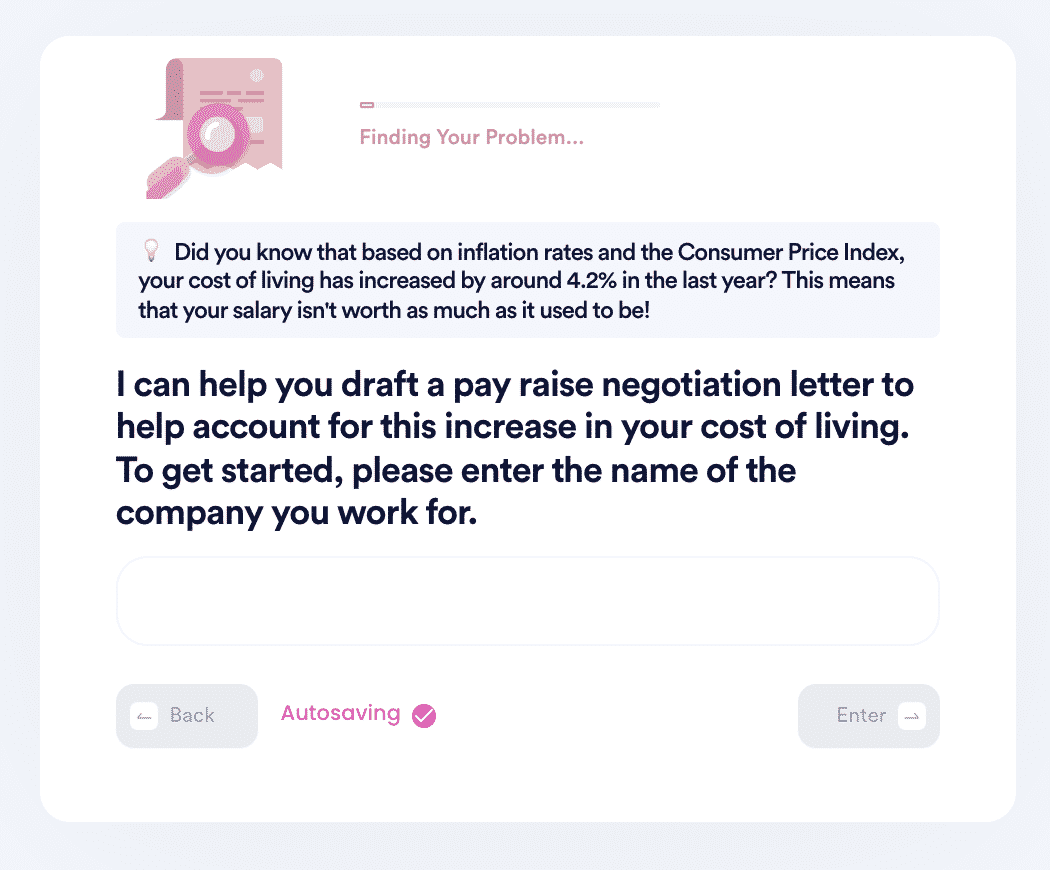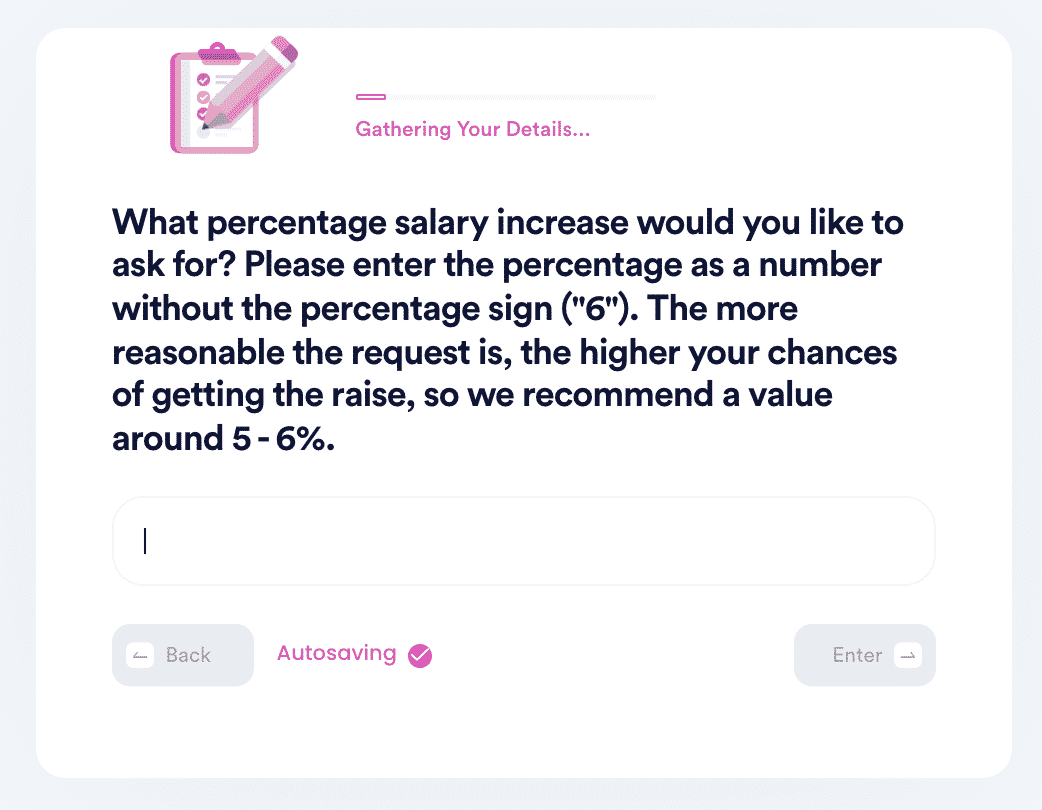How Many Rounds of Salary Negotiation to Win?
Two of the most common salary negotiation questions are, and "What is the right number of salary negotiation rounds?"
The answer is, "As few as possible." Successful salary negotiation is about achieving goals, not about how many times you and your team leader or the recruiting manager should talk. Neither is it about how many counter offers you can make to each other.
Getting to "Yes" in a Few Rounds
Successful salary negotiation is based on some basic principles and knowing the answers to some important questions. When you are clear about them, you:
- Maximize your results
- Speed up the salary negotiating process
- Reach an agreement that satisfies you, your manager, and the organization
You can achieve this in, often, two rounds, but sometimes it takes three. The third round is usually a summary session where both sides confirm the big issues and agree on the minor details.
Many people see salary negotiating rounds as challenging and unpleasant. Success is based, to a large extent, on knowing:
- What you are worth
- What others in similar roles earn
- How your company or organization sets salary / benefit packages.
DoNotPay can help you with much of the groundwork, and you can draft a strong letter for a raise with the app as well.
The Problem with Too Many Salary Negotiation Rounds
The longer go on, and the more counter offers either side makes, the more likely you or your manager will end it without reaching a good result. If it is a new job, then the offer is withdrawn, and another person gets it. If you are already employed there, then the working relationship can be damaged, morale goes down, and performance levels can suffer.
One reason for too many rounds is that neither side is well prepared, so the negotiations cover one or two topics at a time, and is called linear negotiation. The result is that both sides keep thinking, "So what's the next thing they'll bring up?" or "How can you trust someone who won't accept what we've agreed?" or "They're never satisfied; they just want to keep going."
The Basics of Successful Salary Negotiation
When you know the basics and when you have the facts, opinions, and ideas clear, you maximize your chance of getting everything, or as close to everything, you want as quickly and smoothly as possible. A clean result beats not getting very far.
To succeed, therefore, focus on your salary negotiation goal and the smoothest way to achieve it.
Do Your Research
The table below explores research and goals.
| Good research puts you on firm ground, so you can: |
|
| Research falls into two categories: |
Without good research, you give the other side the advantage, you run the risk of too many salary negotiation rounds and losing out. |
The Why, How, and When of Salary Negotiation and Getting a Pay Raise
DoNotPay offers a goldmine of information for you here. Depending on how experienced you are, you may want to begin by learning how to negotiate your salary, as well as when to ask for a raise, and how much of a raise to ask for.
You may also want some background on whether you should negotiate a salary increase, plus how to ask for a raise, and how to get a raise. Part of good negotiation research is knowing how often you should get a raise.
Salary negotiating rounds are sometimes lengthened because they are not done face-to-face. Again, to keep yourself up to speed and in control, here are some useful ideas on how to ask for a raise by email as well as how to negotiate salary by email. Finally, if the person you are negotiating with prefers to negotiate salary over the phone, these ideas will help.
Salary Negotiation Rounds
Once you have done your research, set your salary and benefits package goal, and got your facts clear, you are ready.
Salary Negotiation Round #1
Set the scene for the other negotiator: Be calm, polite, and positive.
- Thank them for meeting with you.
- Say you have prepared for the meeting and have information to share to act as a basis for the discussion. (Do not say negotiation.)
- Explain why you want a salary increase and why you deserve it.
- Give the other person time to take in what you said or showed them, if you have prepared a handout.
- Allow them to talk without interruption.
- Take notes so you stay on track when you reply.
- Agree as much as possible, knowing someone else may need to confirm what you have agreed or may be the one who decides what you have requested.
- End the meeting with a thank you and an expectation that everything will be approved.
Salary Negotiation Round #2
If everything is agreed, this will be a sign-off session. If your request is being countered:
- Listen to everything you are told or read everything if it is on paper.
- Check off what you agree, and confirm those things, so they are finished.
- Where there are things you do not agree to, relate each one to your research and highlight the value you bring to your job, which means you are worth more than those parts of the counteroffer.
- Either finally agree to everything, based on what both parties say, or
- If you think it is worth it, request time for you or the other party to think about what to do next.
This will be the final step. You (or they) will decide to leave those things as they are or to try to make minor adjustments to specific details.
Salary Negotiation Round #3
If this session is required, keep it to the pre-approved agenda. Both parties will have clarified everything before this round, so no one will need to check anything with HR, the senior manager, or will need more time to think about options. You will have two choices:
- Accept and confirm their final decision and offer.
- Refuse to accept their final decision, and either resign or refuse to accept the job offer.
All being well, the first round will have achieved its purpose and the second round will be a confirmation session. If the negotiations do go to a third round, both sides will know exactly where they stand.
How DoNotPay Can Give You the Best Start
The firm ground on which you stand to begin your salary negotiation is the research to give you the facts and figures you need to prepare for your negotiation. You can do it all yourself, or you can ask DoNotPay to do it for you. All you have to do is follow these four steps:
- Search "negotiate my salary" on DoNotPay.

- Enter the name of your company and the industry you work in, so we can find the right wage statistics for your role.

- Answer a series of questions regarding your qualifications and achievements, relocation expenses, and other job offers if applicable.

- Enter the new base salary you would like to request.

What Else Can DoNotPay Do For You?
DoNotPay has a trove of ideas, advice, and help available at the click of a mouse. If you would like to explore some other areas of interest, check these out:
- Staying with employment situations, Learn how to deal with workplace discrimination.
- Learn how to get refunds and chargebacks.
- Know how to cancel a free trial and not get charged.
- How to lower your property taxes.
DoNotPay is here to help.


